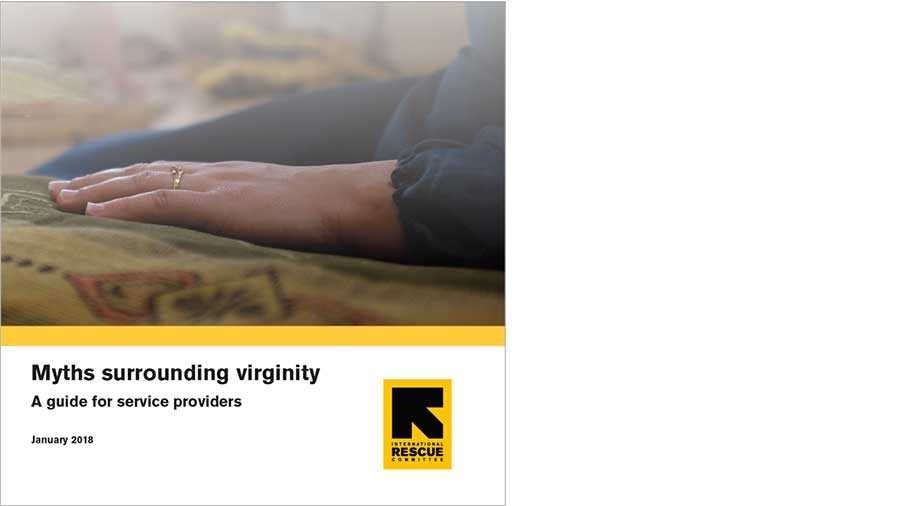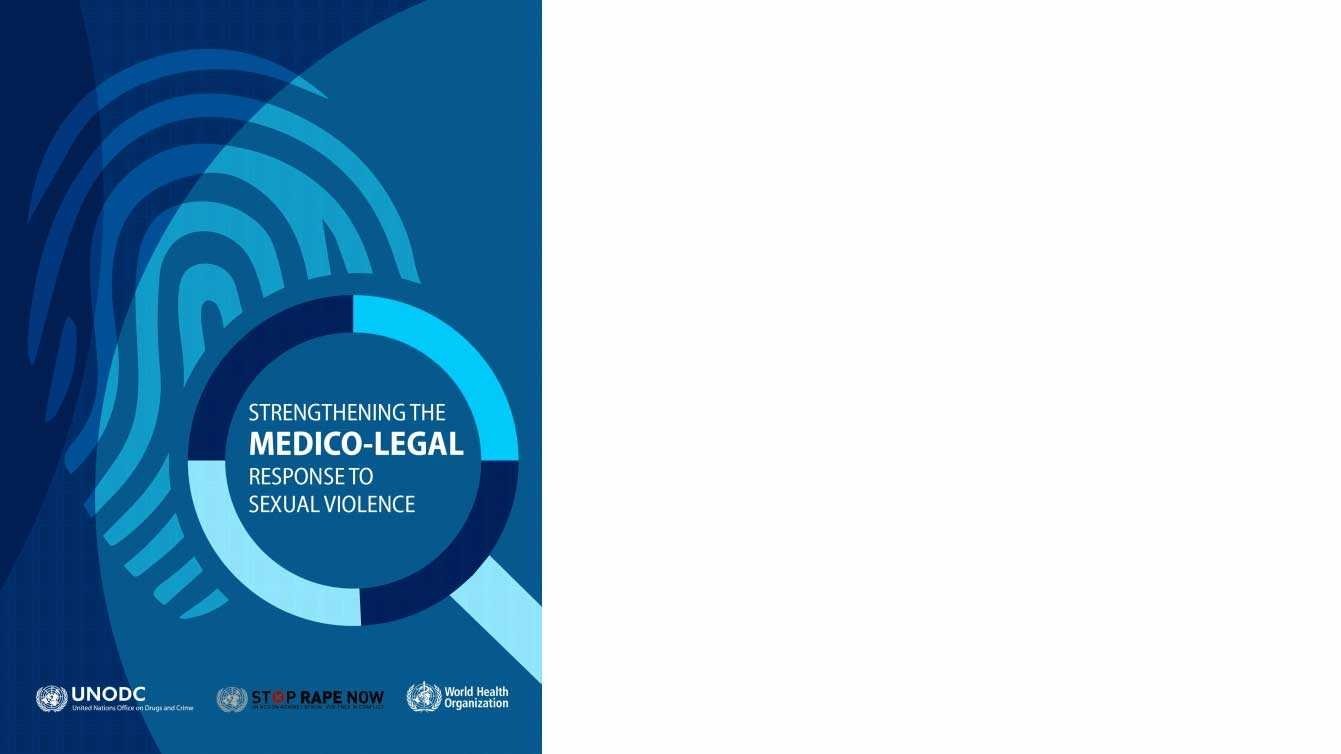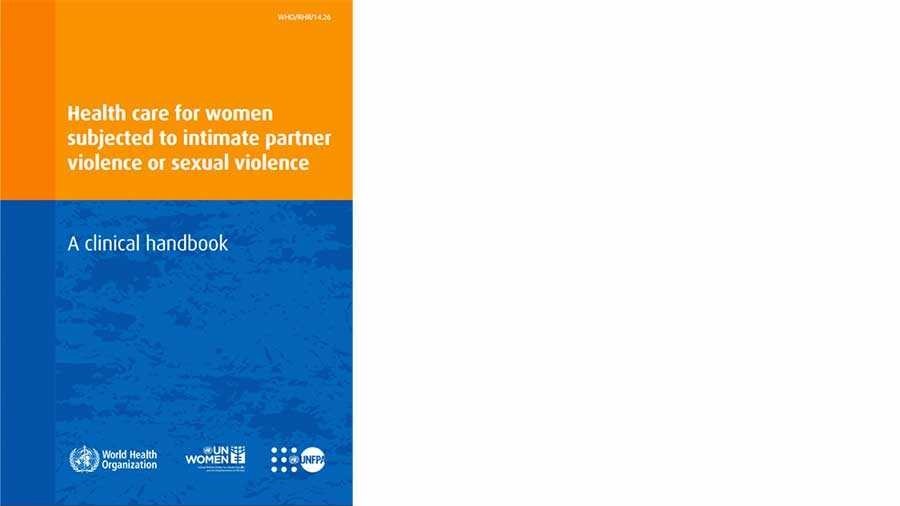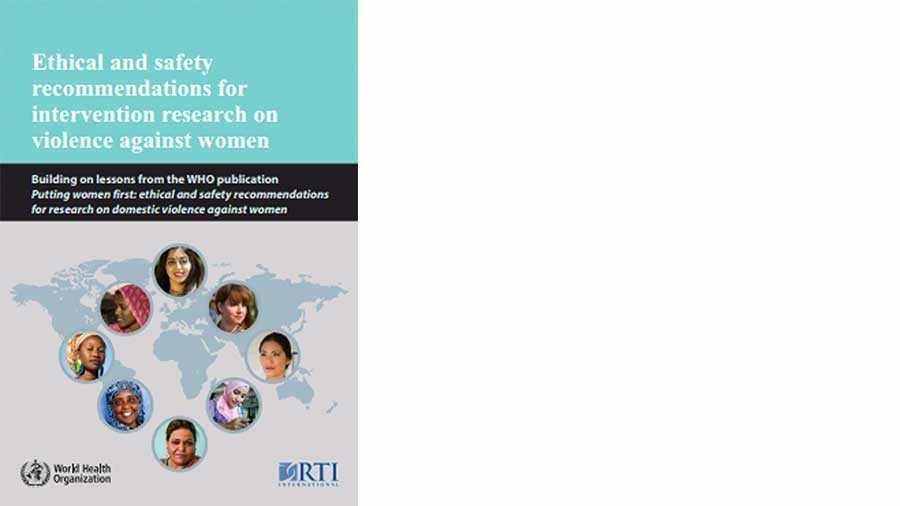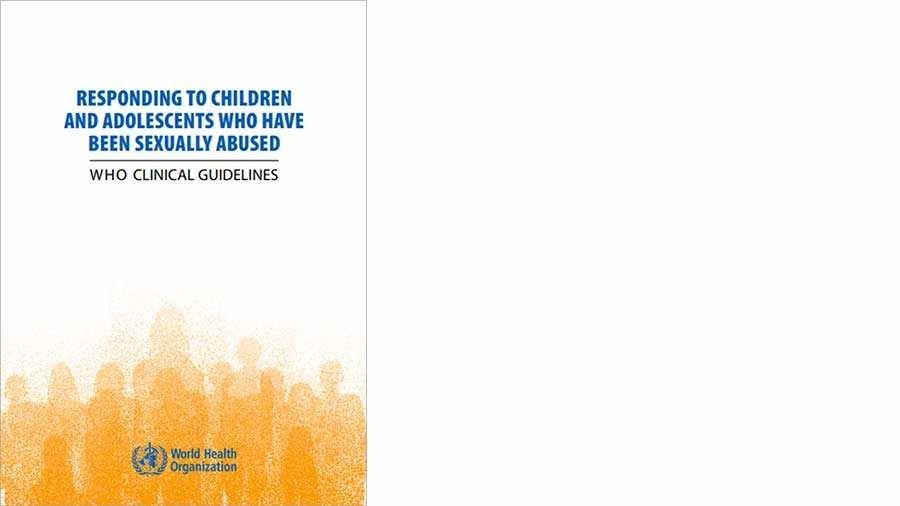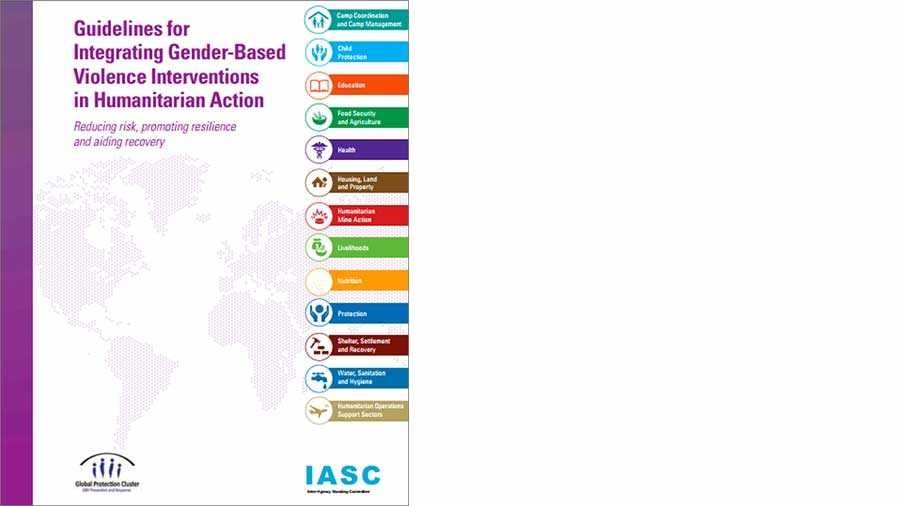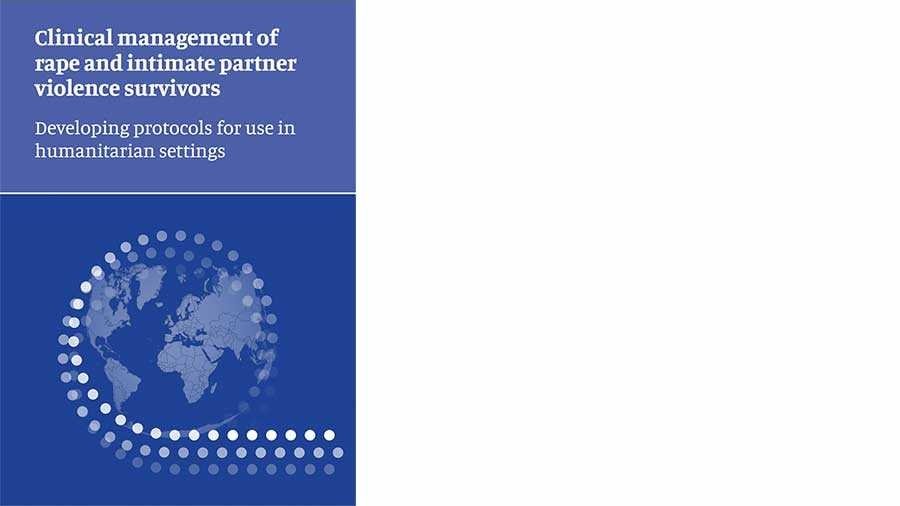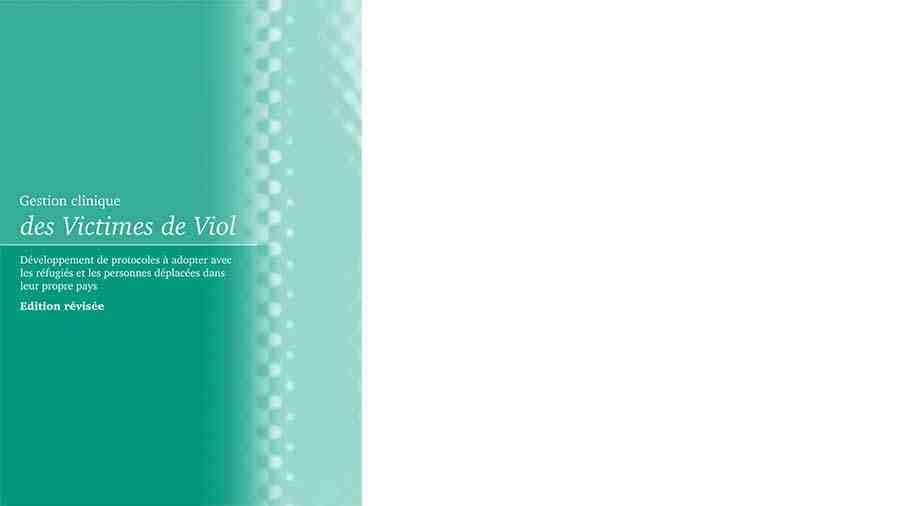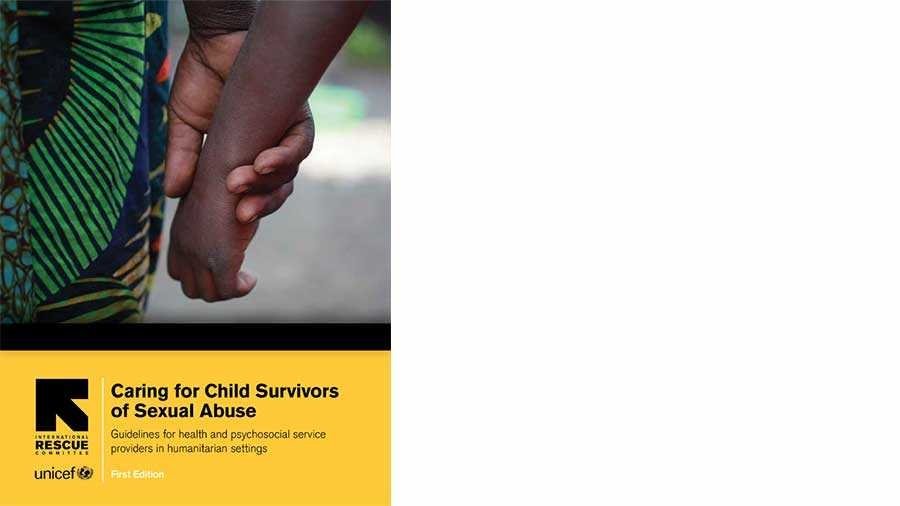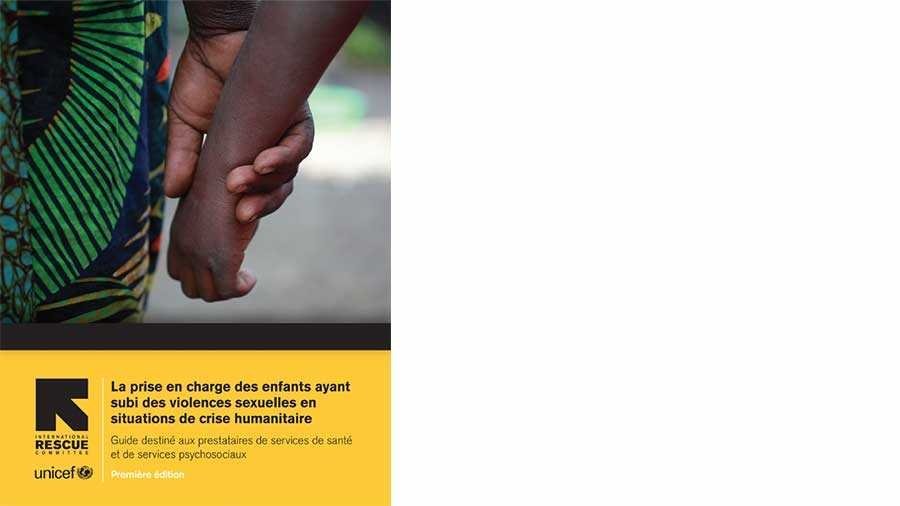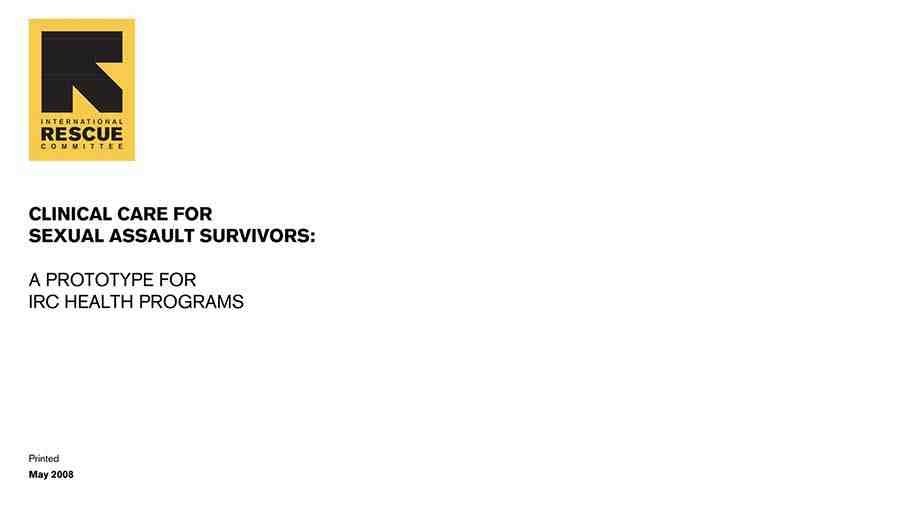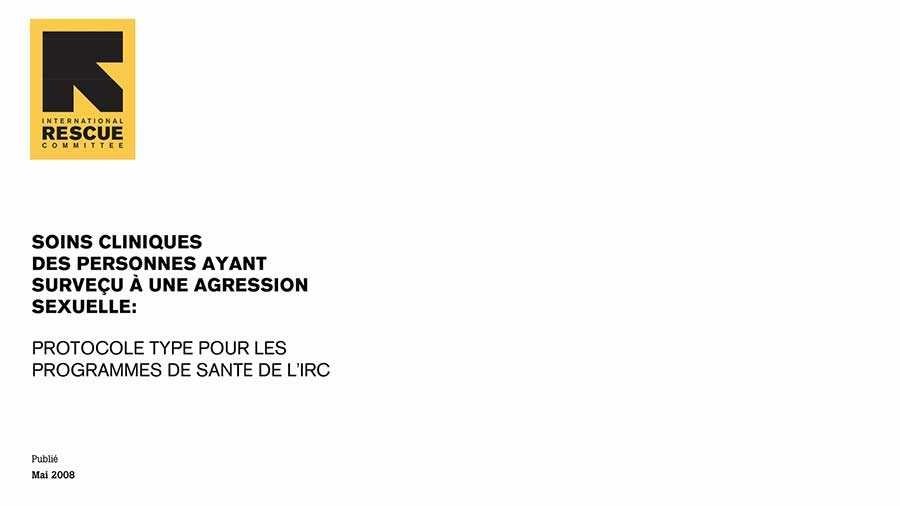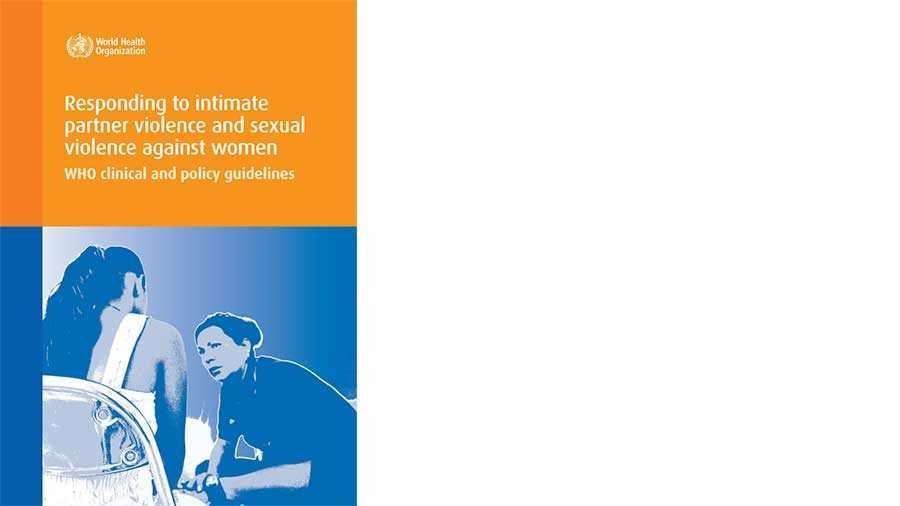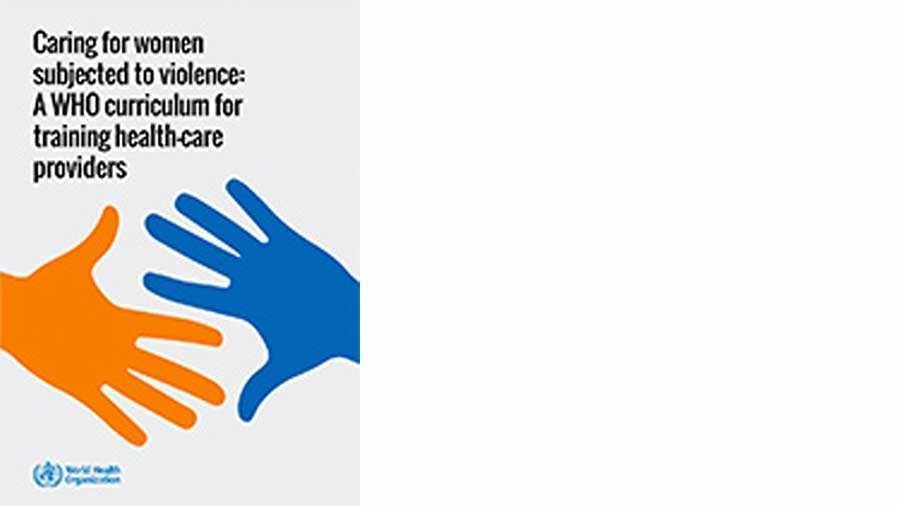Virginity
Virginity is a sensitive subject. The concept itself has a complicated history and, while it describes sexual activity for all genders, there is greater value placed on female virginity. For women and girls, virginity is too often tied to moral character, purity, honor, and social, moral and religious values.
Health providers are often asked to confirm the virginity of women and girls either as a routine examination for unwed girls or as part of a clinical examination following sexual assault, to establish marriage eligibility, as a requirement for employment applications or, in extreme cases, by national authorities to determine legal cases.
Based on years of discussions with service providers from health and protection sectors, ‘Myths surrounding virginity: a guide for service providers’ aims to break down some of the persistent myths concerning female virginity and establish provider responsibilities around virginity testing. The information provided is based on existing literature and international recommendations.
Strengthening medico-legal response to sexual violence
The ‘Strengthening medico-legal response to sexual violence’ toolkit is practitioner focused and provides practical guidance to help support service provision and coordination of the medico-legal response in low-resource settings. It contains one-page reference cards on, for example, conducting a forensic examination, taking a statement, ethical issues, to enable quick and easy access to basic and key information.
Health care for women subjected to intimate partner violence or sexual violence
There are simple ways that every health-care provider – including those who are not specialists – can assist a woman subjected to violence. This can be very important to her health. The “Health care for women subjected to intimate partner violence or sexual violence” handbook offers easy steps and suggestions to help you provide that care. This handbook addresses Awareness about violence against women, First-line support for intimate partner violence and sexual assault, Additional clinical care and mental health support after sexual assault. There are job aids throughout this handbook to help you while caring for and supporting a woman who has experienced or is experiencing violence.
Ethical and Safety Recommendations for Intervention Research on Violence Against Women
The WHO Ethical and Safety Recommendations for Intervention Research on Violence Against Women (VAW) give crucial guidance on how best to address questions of ethics and safety to researchers working on violence against women. The new recommendations reflect the ethical concerns on VAW research, expressed in numerous articles and publications.
Responding to children and adolescents who have been sexually abused
The WHO clinical guidelines Responding to children and adolescents who have been sexually abused aim at helping front-line health workers, primarily from low resource settings, in providing evidence-based, quality, trauma-informed care to survivors. The guidelines emphasize the importance of promoting safety, offering choices and respecting the wishes and autonomy of children and adolescents. They cover recommendations for post-rape care and mental health; and approaches to minimizing distress in the process of taking medical history, conducting examination and documenting findings.
Guidelines for integrating Gender-Based Violence Interventions in Humanitarian Action
The purpose of the ‘Guidelines for integrating Gender-Based Violence Interventions in Humanitarian Action’ is to assist humanitarian actors and communities affected by armed conflict, natural disasters and other humanitarian emergencies to coordinate, plan, implement, monitor and evaluate essential actions for the prevention and mitigation of gender-based violence (GBV) across all sectors of humanitarian response.
Clinical Management of Rape Survivors: Developing Protocols for use with Refugees and Internally Displaced Persons
This guide includes detailed guidance on the clinical management of rape and intimate partner violence survivors. It is intended for use by qualified health-care providers in developing protocols for the management of rape and intimate partner violence survivors in emergencies, taking into account available resources, materials, and drugs, and national policies and procedures. It can also be used in planning health-care services and training health-care providers.
Caring for Child Survivors of Sexual Abuse
The IRC In partnership with UNICEF, has developed “Caring for Child Survivors of sexual abuse” (2010) which is a user-friendly and field-tested guideline for health and psychosocial staff working with child survivors of sexual abuse in humanitarian settings. On the website you will find newly developed tools and resources that outline how to provide care to child survivors, in addition to tools to build the capacity of service providers working with children and families affected by sexual abuse.
Clinical Care for Sexual Assault Survivors: A prototype for IRC health programs
“Clinical Care for Sexual Assault Survivors: A prototype for IRC health programs” is an alternative to WHO’s “Clinical care of Rape Survivors”, which can easily be adapted to the specific context in case national guidelines don’t exist.
Responding to intimate partner violence and sexual violence against women. WHO clinical and policy guidelines
The 2013 WHO guidelines “Responding to intimate partner violence and sexual violence against women. WHO clinical and policy guidelines” are an unprecedented effort to equip healthcare providers with evidence-based guidance as to how to respond to intimate partner violence and sexual violence against women. They also provide advice for policy makers, encouraging better coordination and funding of services, and greater attention to responding to sexual violence and partner violence within training programs for health care providers. The guidelines are based on systematic reviews and aim to raise awareness of violence against women among health-care providers and policy-makers, so that they better understand the need for an appropriate health-sector response. They provide standards that can form the basis for national guidelines, and for integrating these issues into health-care provider education.
This short document “Safety and Ethics: GBV data collection and Sharing” gives a brief overview of issues to keep in mind when working with GBV programming.
Caring for women subjected to violence: A WHO curriculum for training health-care providers
The WHO curriculum ‘Caring for women subjected to violence: A WHO curriculum for training health-care providers’ is designed to provide health-care providers, particularly in low- and middle-income countries, with a foundation for responding to domestic/ intimate partner violence and sexual violence against women. The curriculum seeks to build skills and to address providers’ attitudes towards survivors of violence. Participants will learn how to provide women-centred clinical care, including identifying women experiencing violence, providing first-line support though the LIVES approach (Listen, Inquire, Validate, Enhance safety and Support), providing essential clinical care for survivors, and identifying local support resources. They will learn to reflect on their own attitudes and understand survivors’ experience. The curriculum emphasizes compassionate, empathic provider–patient communication.
